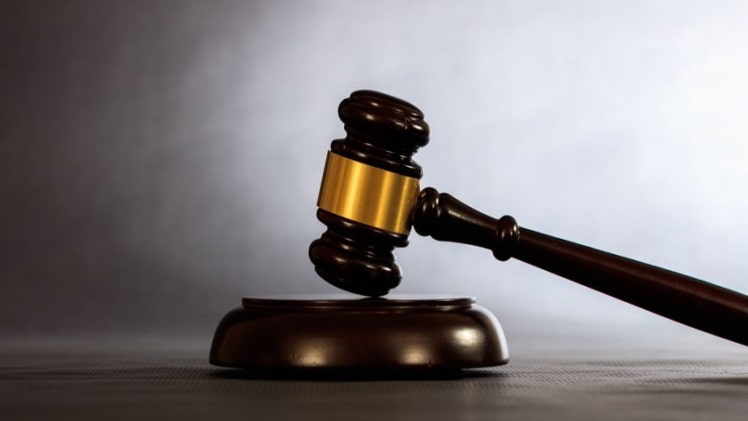With the Lone Star State having some of the strictest criminal penalties for a DUI in the nation, being convicted of a 2nd offense DUI in Texas can come with a year in prison, up to $4,000 in fines, and serious administrative penalties. While DUI charges are notoriously complex and often difficult to combat, it is crucial to avoid a conviction at all costs, even when evidence is seemingly stacked against you. Even for 2nd offenses, many prosecutors are willing to negotiate a plea deal given the arduousness of the Texas judicial system. Here are some ways that you can increase your chances of a plea bargain if you’re likely to be convicted of a 2nd offense DUI in Texas.
What is a Plea Bargain for a 2nd DUI Offense?
In cases where the prosecution has a large burden of proof, a good DUI attorney may be able to negotiate a lesser charge or sentence to avoid going to trial. Those who agree to a plea bargain are agreeing to plead guilty but avoid the brunt of a 2nd DUIs consequences. A 2nd offense DUI can be bargained down to reckless driving or obstruction of a highway charges in Texas, which, while still classified as misdemeanors, come with a fraction of the jail time and hardly any administrative penalties. While a plea bargain is always better than full charges, it should only be considered a last resort and should be avoided when the evidence against you is weak.
How Can I Increase My Odds of Attaining a Plea Bargain?
While a plea bargain can be ideal in many cases, a prosecutor may not agree to one if they believe you will reoffend or show a lack of remorse. Factors surrounding your case such as your blood alcohol concentration or whether an accident took place will be taken into account when negotiating a plea, but those facing a 2nd DUI can increase the likelihood of a bargain by:
- Hiring an Expert and Local Attorney: A 2nd offense DUI in Texas will always require the help of an expert attorney who can review the evidence of your case and explore potential defense strategies. A specialized DUI attorney will know which cases fare well at trial and can initiate a plea bargain if the evidence indicates your guilt. Local attorneys can be especially tylesrant helpful during plea negotiations as they are often acquainted with local prosecutors. For board-certified DUI representation in Texas, visit the National College for DUI Defense’s attorney directory.
- Attending an Outpatient Program or DUI Education Courses: After a 2nd DUI offense, the prosecution is likely to think that you have an alcohol addiction and may be unwilling to negotiate a plea unless you take steps toward rehabilitation. Attending outpatient programs and DUI education courses are a way to show the prosecution that you are taking voluntary steps toward recovery, alleviating their fears of a potential third reoffense. DUI education courses can be done completely online and for as little as $60 a class.
- Voluntarily Installing an Ignition Interlock Device: Similarly to outpatient and education programs, an ignition interlock shows that you have tvboxbee remorse for your actions but goes one step further in ensuring your commitment to recovery. An ignition interlock can uniquely prevent wecelebrities you from reoffending by requiring a breathalyzer test to start your vehicle. While this device can gain you the respect of the prosecution, it can cost up to $150 to install and $90 a month to monitor, and usually remains on a vehicle for a year.
- Be Realistic and Consider Your First Offer: When resorting to a plea bargain it is important to limit your expectations and heavily consider any options the prosecution gives you. Understand that the prosecution may change their mind at any point throughout negotiations. For a 2nd offense DUI in Texas, a plea bargain will not always go your way and can likely result in a reduced sentence rather than reduced charges. There’s a chance that your plea bargain was offered mainly to avoid a trial and can be rescinded if you try to negotiate past a first offer.

